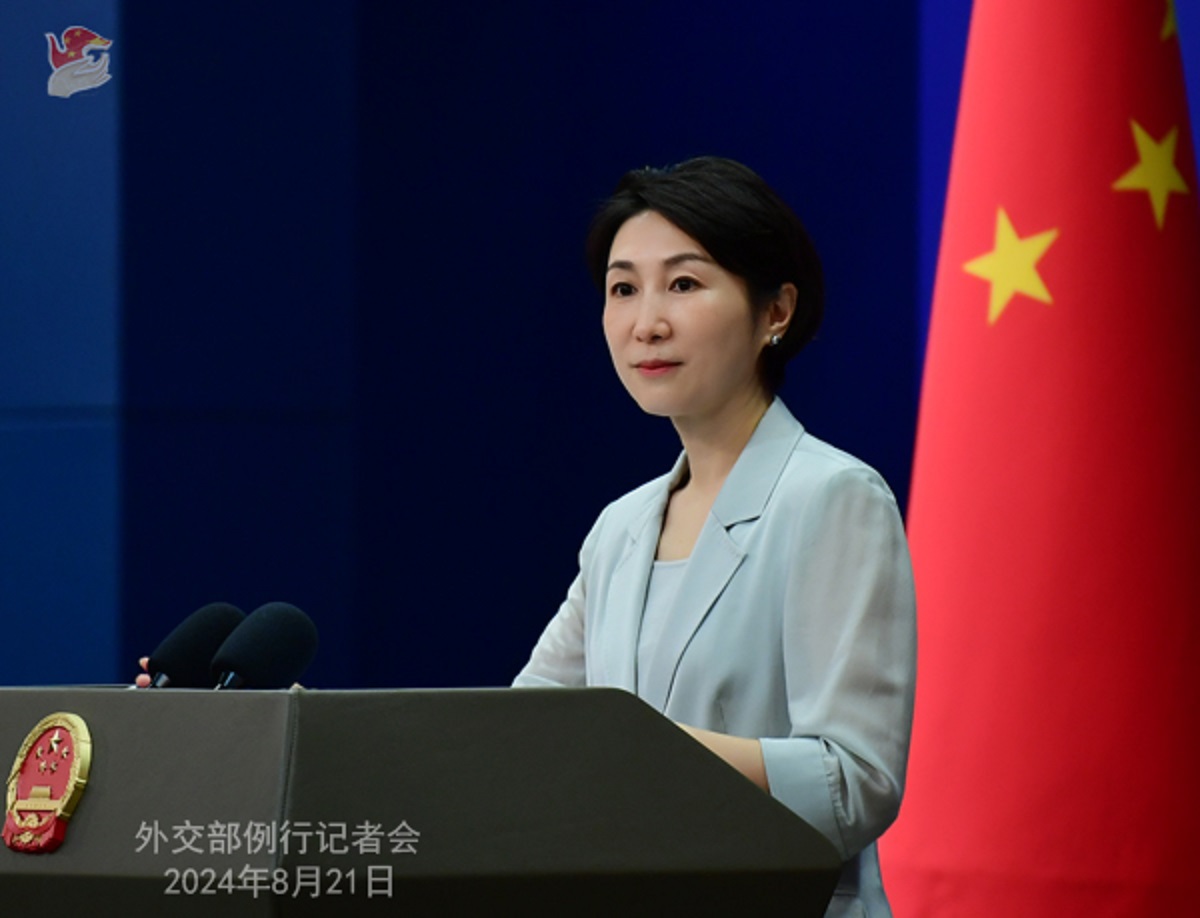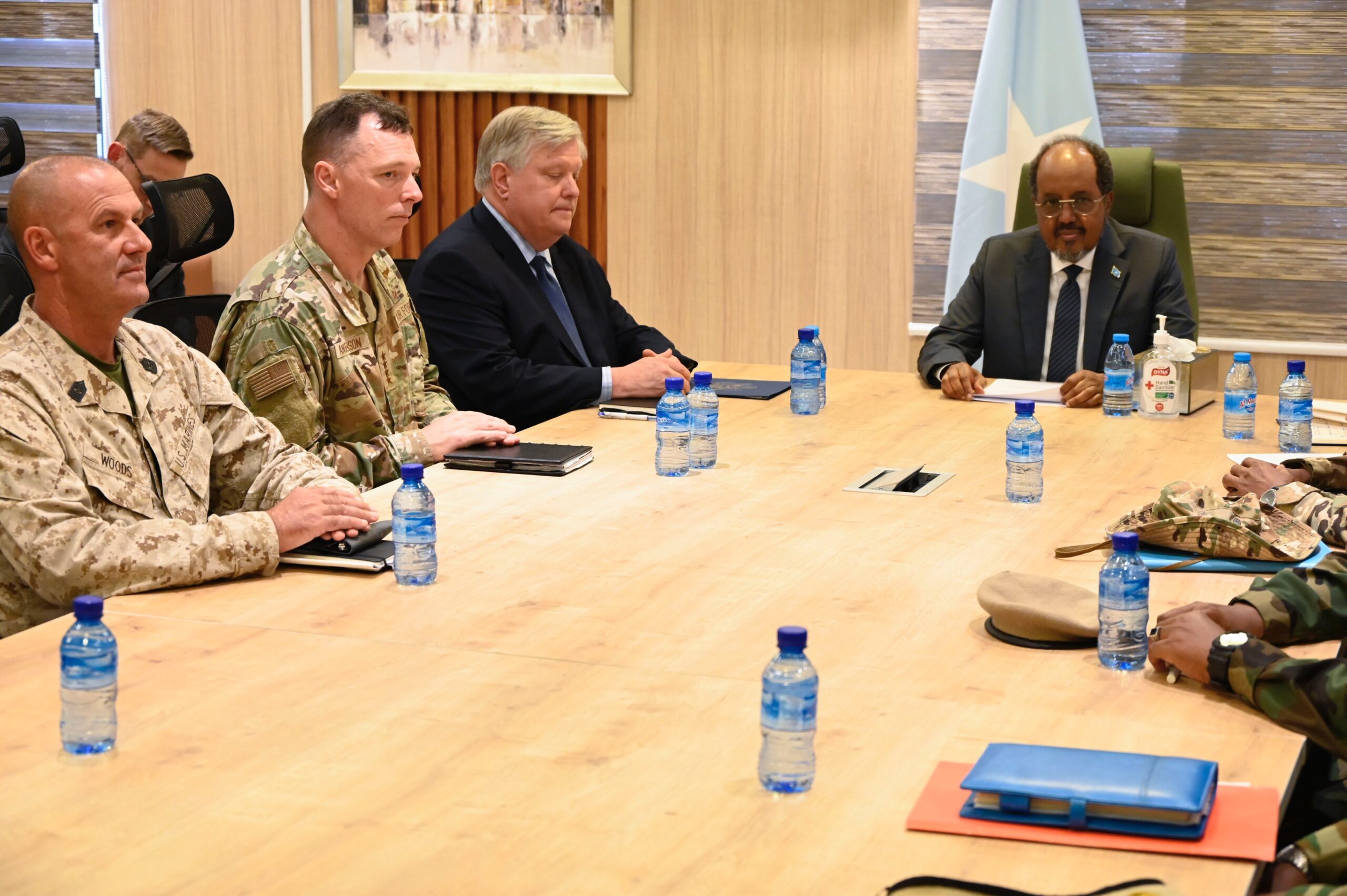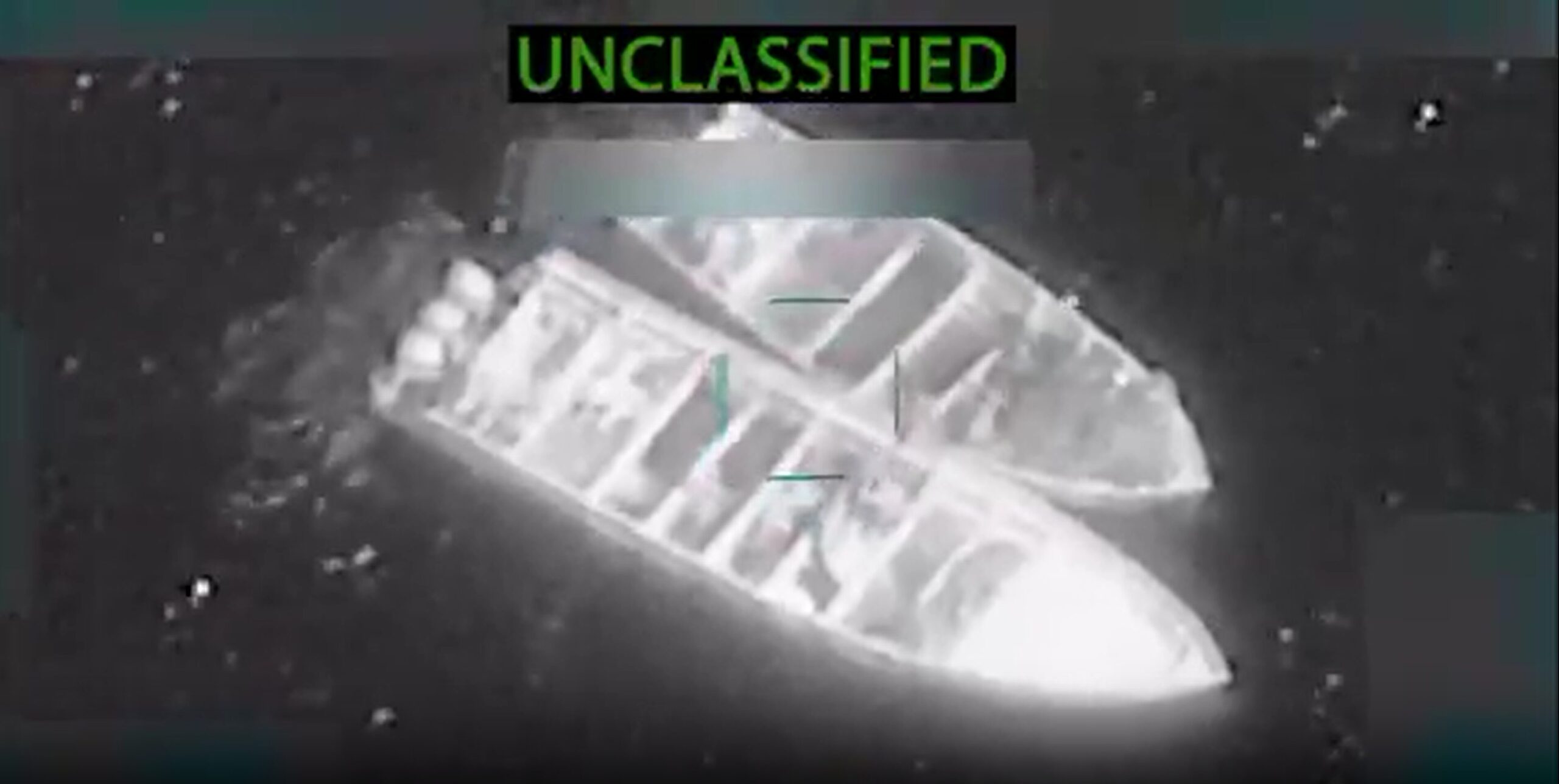Despite being designated officially as a near-peer competitor under the Biden Administration rather than an “adversary” as Moscow is, Beijing has on several occasions had to witness the passing of legislature or foreign policies that make it seem very much like the world’s most violent nation is preparing for war against them.
Under Biden’s term, and the congresses coinciding with it, President Xi Jinping has seen the passage of the CHIPS and Science Act which when coupled with the 139-page export control under the Bureau of Industry and Security, form one of the most aggressive trade war policies ever leveled against China; a raft of legislation promising to turn Taipei into a fortress, including the Peace Through Strength Act, the Taiwan Policy Act, and the Stand With Taiwan Act; the four, perhaps even five occasions that Biden has said the US will defend Taiwan if attacked by China; the re-designation of China as the greatest global challenge the US faces, and lastly, a recent report from the New York Times released this week that in a secret nuclear policy document, President Biden or his handlers approved a reorientation of nuclear war planning to a focus on China as the primary threat.
Breaking on Tuesday by The Times, two high-level US officials have been allowed to refer to the document, which is so highly classified that no electronic copies are made.
“The White House never announced that Mr. Biden had approved the revised strategy, called the “Nuclear Employment Guidance,” which also newly seeks to prepare the United States for possible coordinated nuclear challenges from China, Russia, and North Korea,” simultaneously, The Times wrote.
“The president recently issued updated nuclear weapons employment guidance to account for multiple nuclear-armed adversaries,” Vipin Narang, an MIT nuclear strategist who served in the Pentagon said earlier this month, which followed a June statement by the National Security Council’s senior director for arms control and nonproliferation, Pranay Vaddi, who also referred to the document emphasizing “the need to deter Russia, the PRC, and North Korea simultaneously”.
When asked about the new guidance, the Chinese Foreign Ministry said Wednesday that it was “gravely concerned”.
“China is gravely concerned over the report,” said Chinese Foreign Ministry spokeswoman Mao Ning.
As we have seen over the past few years, the US has called China a ‘nuclear threat’ and used it as a convenient pretext to shirk its obligation of nuclear disarmament, expand its own nuclear arsenal, and seek absolute strategic predominance.
The size of China’s nuclear arsenal is by no means on the same level with the US. China follows a policy of “no first use” of nuclear weapons and a nuclear strategy that focuses on self-defense, and always keeps its nuclear capabilities at the minimum level required by national security. We have no intention to engage in any form of arms race with other countries.
In contrast, the US sits on the largest and most advanced nuclear arsenal in the world. Even so, it clings to a first-use nuclear deterrence policy, and has invested heavily to upgrade its nuclear triad and blatantly devised nuclear deterrence strategies against others. China urges the US to fulfill its special and primary obligation of nuclear disarmament by further making drastic and substantive cuts to its nuclear arsenal, and stopping nuclear sharing, extended deterrence, expanding nuclear alliance, and other negative moves that undermine global and regional peace and stability.
Antiwar reports that current estimates put China’s arsenal at around 500 warheads, and the Pentagon claims Beijing is on track to have 1,500 by 2035. China acknowledges it’s modernizing its nuclear arsenal, but denies the accusations it seeks to participate in an arms buildup.
The US has over 5,000 warheads spread across the nuclear triad of submarines, ICBMs, and strategic bombers, with about 2,000 waiting to be dismantled. It wouldn’t take more than a few thermonuclear weapons to detonate for there to be a non-trivial risk of all life on Earth dying out from a combination of radiation carried on winds, nuclear winter, and even ‘atmospheric combustion,’ a non-zero chance of all oxygen molecules being consumed by the heat and detonate in a global chain reaction.
We Humbly Ask For Your Support—Follow the link here to see all the ways, monetary and non-monetary.
PICTURED ABOVE: China Foreign Ministry Spokeswoman, Mao Ning. PC: Chinese Foreign Ministry handout.



